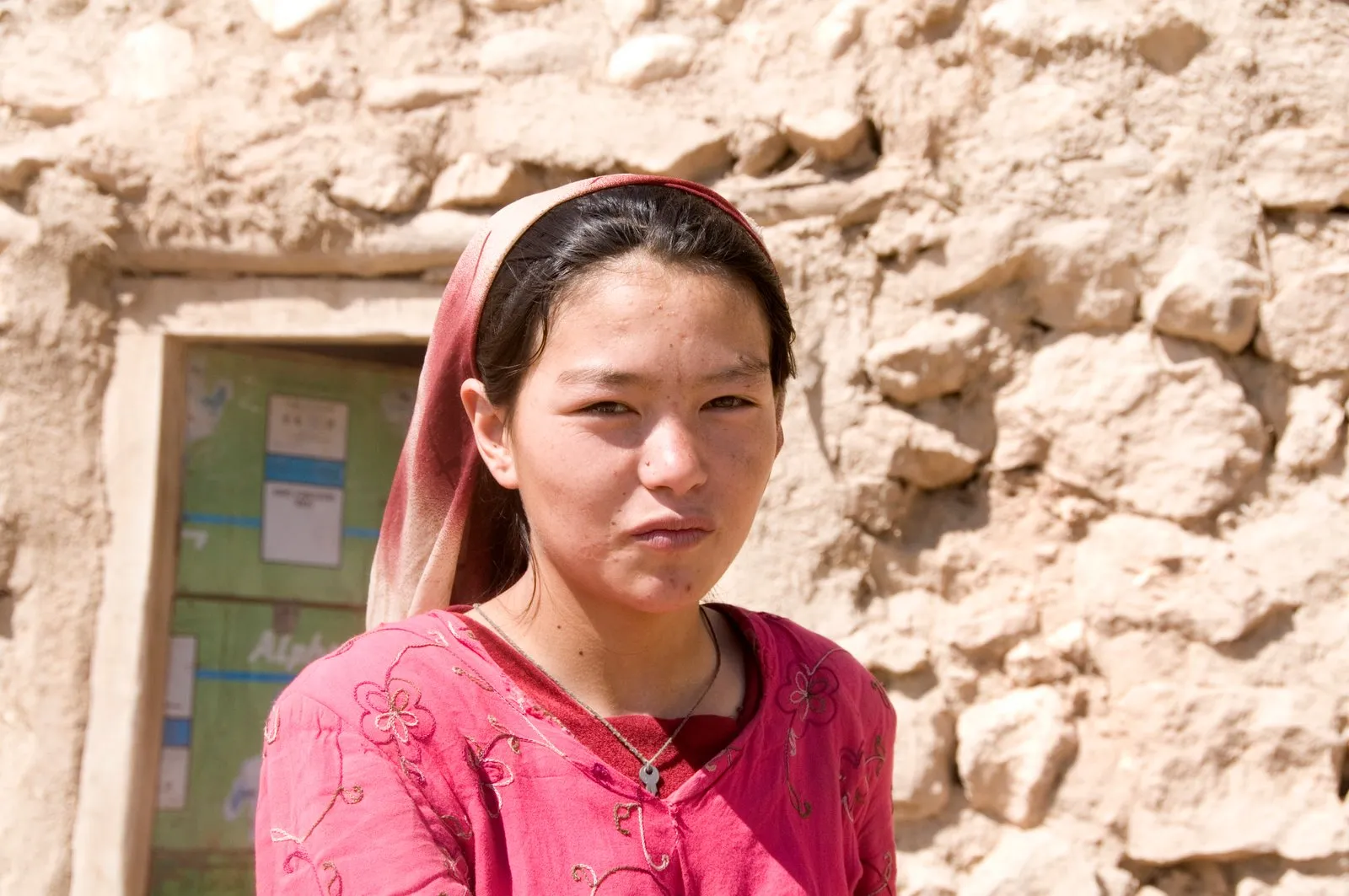“Magnifying Inequalities and Compounding Risks: The Impact of COVID-19 on the Health and Protection of Women and Girls on the Move,” a new report by CARE revealed growing evidence that COVID-19 is increasing short-term humanitarian needs and negatively affecting longer-term outcomes for marginalized populations and people in vulnerable situations.
The report showed that among those worst affected are the nearly 40 million forcibly displaced women and girls worldwide who already faced additional barriers to accessing critical basic services before COVID-19 due to the intersection of their gender and displacement status. Since the onset of the pandemic, women and girls on the move are facing further decreased access to healthcare — including sexual and reproductive health — and protection services, increased risks of gender-based violence, and deeper poverty and food insecurity.
Placing gender at the center of its humanitarian and development responses, CARE undertook the new research, including more than 1,000 surveys with women on the move and from host communities – in Afghanistan, Ecuador, and Turkey between April and May 2021 – to better understand how COVID-19 is impacting the health and protection of women and girls on the move.
The three countries represent different types of forced displacement across multiple regions: internally displaced persons (IDPs) and refugee returnees in Afghanistan; more recent migrants and refugees due to the Venezuelan crisis in Ecuador; and longer-term Syrian refugees living under temporary international protection in Turkey.
Key findings included:
- Half of all women on the move in Afghanistan, Ecuador, and Turkey have had less or no access to regular health check-ups and other basic health services since the start of the pandemic. Across all three countries, many told CARE they were not utilizing any available health services because they feared stigmatization and/or contracting the virus.
- Almost half (46%) of women on the move in Afghanistan, Ecuador, and Turkey had less or no access to safe maternity care since the start of the pandemic.
- 67% of women on the move in Afghanistan and 70% in Turkey reported that their household income decreased during COVID-19, which is constraining expenditure on medication, hygiene items and food, and increasing reliance on negative coping strategies.
- Across all three countries, between 16% and 39% of women on the move reported that the risk of violence and abuse of women and girls in their communities had increased.
- More than a quarter of women on the move across the three countries (26% on average) reported increased challenges accessing registration and legal and civil documentation, which are vital to secure legal stay and often to access essential services, such as health care.
With the findings confirming that women and girls on the move continue to face grave challenges to their health and overall protection, CARE called on national governments and the international community to act urgently to ensure that COVID-19 and other humanitarian response and recovery efforts are gender-responsive, women-led, and focused on preventing women and girls on the move from losing further ground in the fight for gender equality.
Salah Hamwi, CARE Turkey’s Assistant Country Director:
“The socio-economic impact of the COVID-19 pandemic has been significant in Turkey, with reduced access to livelihood opportunities, increased basic needs, and challenges in access to education and health services. Refugee women and girls are disproportionately affected by the COVID-19 implications. The data confirms that women and girls on the move have been and continue to face crucial challenges to their health and overall protection. We must take urgent action to guarantee that the COVID-19 response and other humanitarian and recovery efforts promote gender equality and women’s empowerment and are focused on preventing losing more ground in the fight for gender equality.”
Victor Moses, CARE Afghanistan Country Director:
“The COVID-19 pandemic has intensified the already desperate humanitarian situation in Afghanistan, where so many are already facing a hunger crisis, while millions have been uprooted from their homes due to the ongoing conflict. COVID has greatly affected the Afghanistan economy, and this has been felt acutely by displaced women, 67% of whom told us their household income has decreased during the pandemic. Lower incomes have led to fewer displaced women accessing health services because they simply cannot afford it. The implications for them, their families and the wider community are deeply concerning.”
Venezuelan migrant mother in Ecuador:
“My daughter was sick; she got a fever and was unconscious and I had to take her to hospital. She had access [to the health care services] because of her father, who is Ecuadorian, but later I had problems when we changed hospitals because she was a foreigner, and they did not want to receive her because she did not have a foreigner code. I had a very difficult time.”
IDP woman living in Balkh, Afghanistan:
“During COVID-19, we have no jobs, we were all at home and used all the food we had. My husband was sick, and we had nothing to eat so we decided to marry our [young] girl to get food and water for eating and drinking. Our neighbors did not let us do this and helped us with food.”
Syrian refugee woman living in Şanlıurfa, Turkey:
“Violence is not happening in every home, and we can’t generalize. But yes, violence has increased in the home because men used to go out, change their air and spend a long time outside. Maybe some arguments used to happen, but it would not reach violence level. Men now have to stay longer at home with children and they get annoyed at the noise which has created problems in the house.” 24-year-old.
For More Information:
Rachel Kent
Senior Press Officer – Rachel.Kent@care.org

